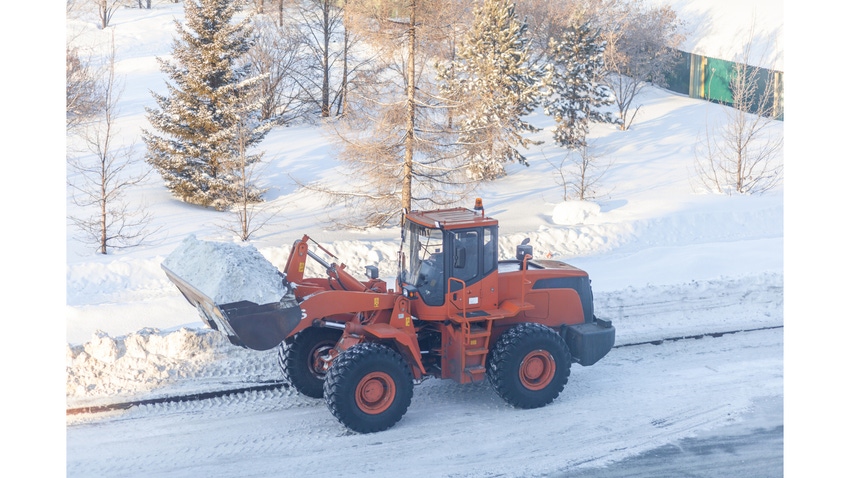Tech Takes the Lead in Snowfighting
Better snowplows. GPS, and other tech are giving municipalities a leg up against Mother Nature in mitigating the effects of major snowstorms.

The recent snowstorms that hit many cities in the U.S are a stark reminder of the harsh winters that many residents in the U.S. and abroad experience for several months a year. While it is not likely science will find a way to completely defeat these sometimes devastating storms, technology advances have at least given better warning of potential events. Moreover, advances in snow fighting technology are giving municipalities powerful weapons to track such storms, and when they do happen, the ability to move massive amounts of snow to clear roads and other areas so towns and cities can get back to normal as soon as possible.
Let’s examine some of these snowfighting advances in detail.
Advanced Snowplow Technology
According to an article on the site of Construction Equipment Guide titled, “New Snowplow Technology Targets Efficiency, Safety,” snowplows have been reengineered to provide greater efficiency and safety. For instance, newer snowplows are easier to maneuver and now use lighter, less corrosive materials in their construction. Some snowplows now have wings that automatically position themselves, enabling novice operators to manipulate the wings with greater expertise.
Because the plow’s blades are important to the snowplow’s overall efficiency, there have also been improvements in blade design. The article gave the example of one newer blade that has built-in protection against obstacles such as frozen snowbanks, manhole covers, and curbs. Another new snowplow blade has a leveling system that ensures the plow remains optimally aligned on the ground during operation.
GPS Technology
Because keeping track of the exact locations of snowplows is important in deploying a fleet of vehicles during storms, the use of GPS tracking technologies has become very important.
New York City, which maintains one of the larger snowplow and salt spreader fleets, relies on GPS data from these vehicles to not only track where its vehicles are but also instantly see which areas have been plowed and which have.
Similarly, Buffalo, a much smaller city than New York but with substantially more annual snowfall, relies on GPS data to enable its residents to track the progress of its snowplows in clearing various areas of the city.
Drones
Perhaps not surprisingly, drones used in numerous surveillance and land monitoring operations can be employed by municipalities to monitor the amount of snow covering various areas as well as help monitor the progress of snowplows.
Road Melting and Deicing Technology
While most municipalities use tried-and-true methods to de-ice roads such as road salt. Some municipalities are resorting to more advanced technologies. One Nevada town has nozzles built into the pavement that spray anti-icing chemicals onto the road if sensors detect potentially freezing conditions. Other towns have embedded heaters into the road surface that speed the melting of snow and ice and lessen the need for road crews to spread massive amounts of salt, sand, or other chemicals.
Road Weather Monitoring
The use of weather sensors in conjunction with AI and predictive analytics is enabling local authorities to get real-time data on road conditions that goes beyond traditional weather forecasts. This real-time data can get more precise projections on snowfall, temperature changes, and other climatic data that could impact road conditions and safety.
About the Author(s)
You May Also Like



.jpg?width=300&auto=webp&quality=80&disable=upscale)

